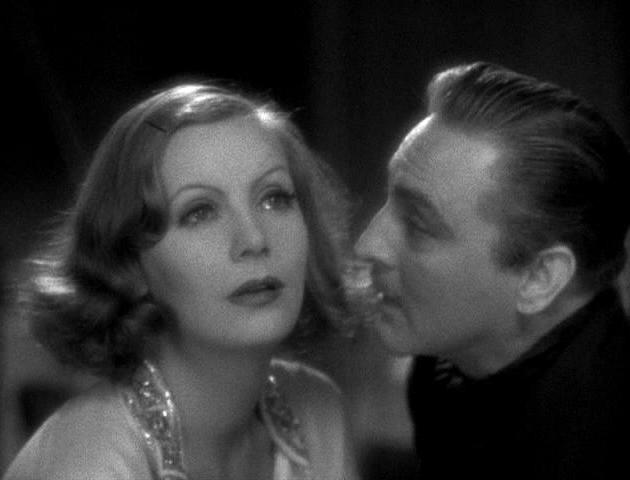
First Saw It:
July 17, 1999, on home video
 |
Winner '31–'32: First Saw It: |
Grand Hotel July 17, 1999, on home video | ||
|---|---|---|---|---|
| Bridesmaids: | Arrowsmith, Bad Girl, The Champ, Five Star Final, One Hour with You, Shanghai Express, The Smiling Lieutenant | |||
| My Vote: | Shanghai Express, with The Champ and Grand Hotel as runners-up | |||
| Overlooked: | Frankenstein, Freaks, Merrily We Go to Hell, Night Nurse |
 |
| Photo © 1932 MGM Pictures |
| Academy Award Nominations and Winners: | |
| ★ | Best Picture |
| Permalink | Home | ABC | Best Pics | Blog |